In the English-speaking world they are known as ‘squatters’, in Spain ‘okupas’, and in certain Latin American countries as ‘paracaidistas’ (‘parachutists’). These are some of the terms that refer to those people throughout the world who lead lives based on occupying abandoned buildings or abandoned housing. The Prisma’s memoirs.
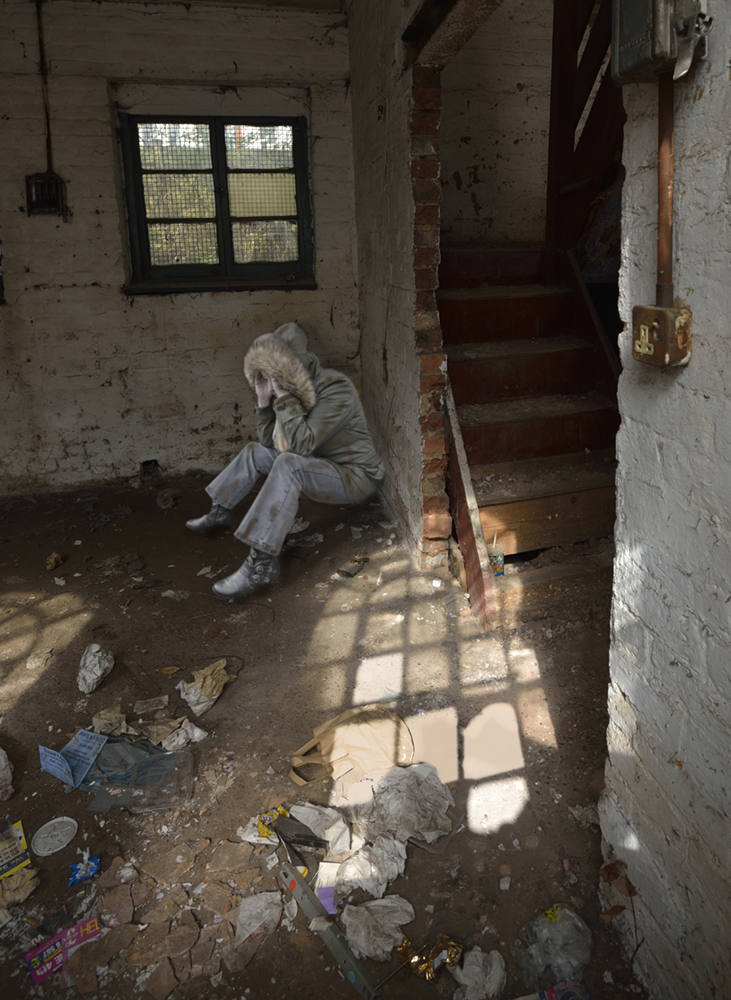
Juan Galbete
Several years ago, a group from London-based arts organisation The Oubliette occupied a well-known building right in the mi
ddle of the City – more specifically, in an old Presbyterian church on Shaftesbury Avenue, built in 1888. At the end of the 1980s it was converted into one of the West End’s most famous nightclubs, the Limelight Club, which once hosted performances from the likes of George Michael, Duran Duran or Spandau Ballet. Following the club’s forced closure in 2003 and subsequent takeover by a popular pub chain, the building was left abandoned in December 2009. After it was left in this state for a year, the aforementioned group decided to occupy the building.
This is just one such example of the occupations that have occurred in the English capital ever since the end of the 1960s marked the first milestone for squatting in London and in all probability for the rest of the U.K. as well.
Squatting in the U.K.
In 1969, a group of squatters from the London Street Commune, an organisation formed with the aim in mind to draw attention to the sky-high numbers of London homeless, occupied a then-abandoned mansion at 144 Piccadilly Circus, only to be thrown out within hours following a large-scale police operation.
Although it is difficult to pinpoint a precise birth date or place of the squatting or okupa movement, there are those who claim it first arose upon the completion of the building of the Berlin Wall (dividing West and East Germany). What is certain, nonetheless, is that this decade did see a surge of counter-cultural and anarchistic movements throughout different European countries including the U.K, France and Germany among others.
In 1976 the Advisory Service for Squatters launched The Squatters Handbook which has to date appeared in thirteen editions and which was conceived in order to provide practical and legal advice on squatting in England and Wales.
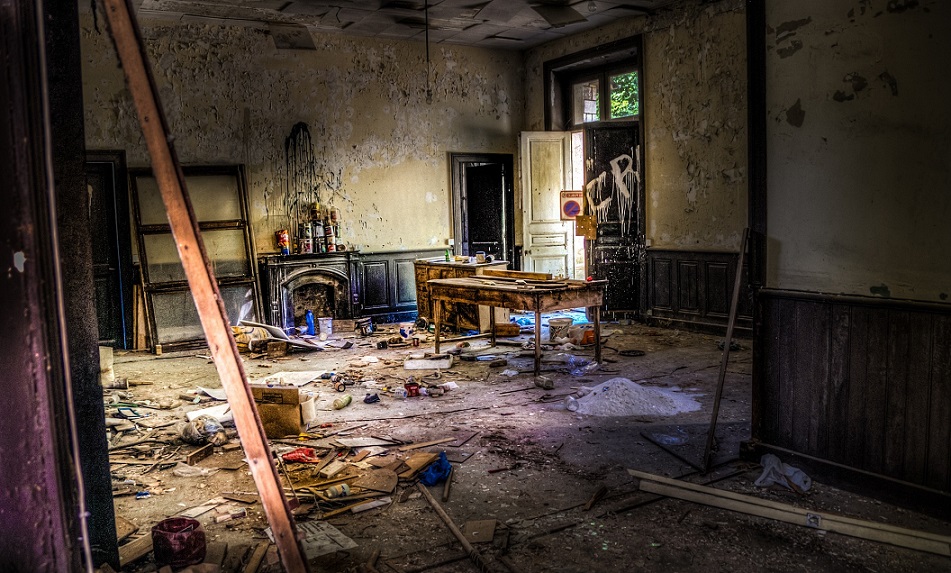 This handbook offers guidelines around occupying an abandoned property, outlining how to gain access to all amenities (gas, water, electricity etc.) at minimal cost or how to ‘steal’ from neighbouring systems.
This handbook offers guidelines around occupying an abandoned property, outlining how to gain access to all amenities (gas, water, electricity etc.) at minimal cost or how to ‘steal’ from neighbouring systems.
Culture of occupation
By definition, a squatter does not pay rent for the space he/she occupies, even though in some instances amenities such as gas, water and electricity need to be paid for. In addition to costing him/her nothing, the squatter need make no contribution to a landlord and it is he/she who – along with fellow squatters – draws up the house rules. With such stipulations, the attraction that squatting holds for some people is hardly surprising with its parallel creation of a form of living based on respect.
This is an idea so profoundly held that squatting now constitutes a way of life in a megalopolis such as London (whose example is by no means the only one on the entire planet); the existence and survival over the years of the Advisory Service for Squatters in London, with its Whitechapel-based office along with the success of The Squatters Handbook can also be attributed to this belief.
In this way, squatting can be considered a global phenomenon which takes distinct forms depending on cultural and legislative differences from country to country.
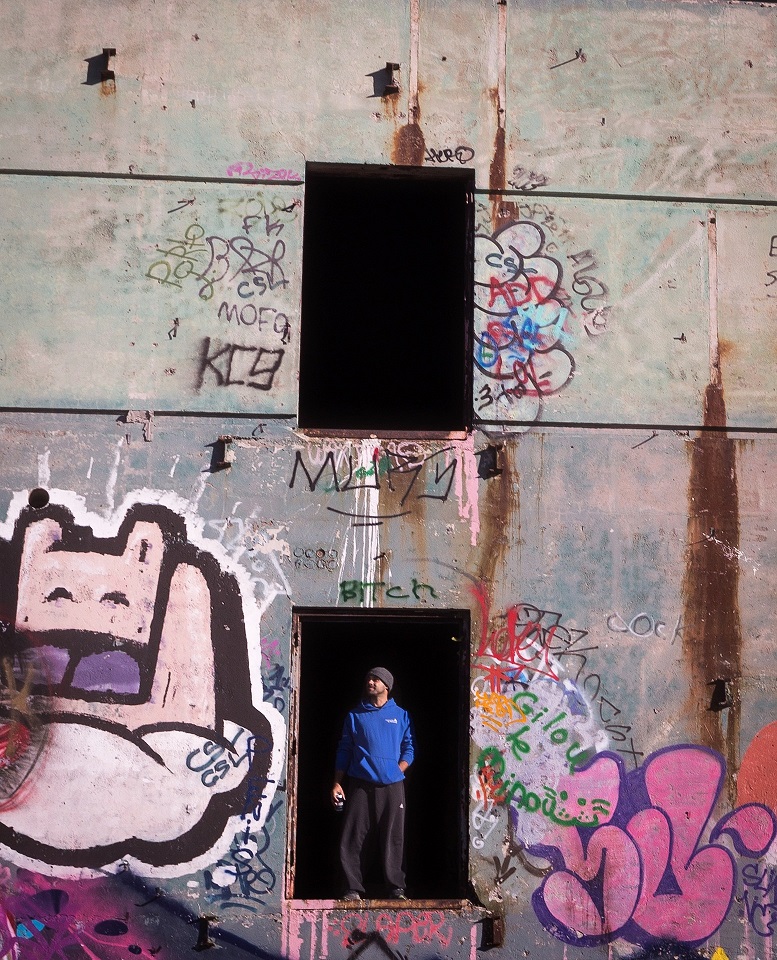 Without actually becoming an illegal act in England and Wales where it is estimated that there is a total of between 20,000 and 30,000 squatters, the practice is considered a civil dispute which should be resolved between the legal owner of the property and the occupying parties. Although they do not gain rights upon occupying a given space, squatters are, to a certain extent, protected by the law, which decrees that it is illegal to threaten or use violent means in a property to which an individual denies you entry.
Without actually becoming an illegal act in England and Wales where it is estimated that there is a total of between 20,000 and 30,000 squatters, the practice is considered a civil dispute which should be resolved between the legal owner of the property and the occupying parties. Although they do not gain rights upon occupying a given space, squatters are, to a certain extent, protected by the law, which decrees that it is illegal to threaten or use violent means in a property to which an individual denies you entry.
This law was introduced as a measure to deter rightful owners from employing violence to dislodge their tenants, though it also applies to squatters. The majority of empty properties in England are found in Birmingham, London and Manchester – in total these cities account for more than 10,000 – and, of course, London, the huge metropolis, which shelters most of the country’s squatters.
There are in fact organised groups throughout the capital who have been brought together through this lifestyle. They primarily generate initiatives and social & cultural activities in the neighbourhoods in which they proliferate, such as is the case with the groups !WOWOW!, (formed in Camberwell, South London), The Oubliette and RampArt (Whitechapel), among others.
Legal or illegal?
The legal roots around squatting are to be found in the U.S.A. in the mid-nineteenth century upon the passing of a law which allowed people to buy up lands without registering with the government before it reclaimed and sold them. These days, most countries have outlawed squatting, and although it is not illegal in England and Wales, the police can step in and evict occupants if they find any evidence of forced entry into the property.
In truth, many squatters provoke such interventions which allow them to move on to the next place, or, in some cases, find ways to enter non-forcedly in order to avoid having to employ this technique.
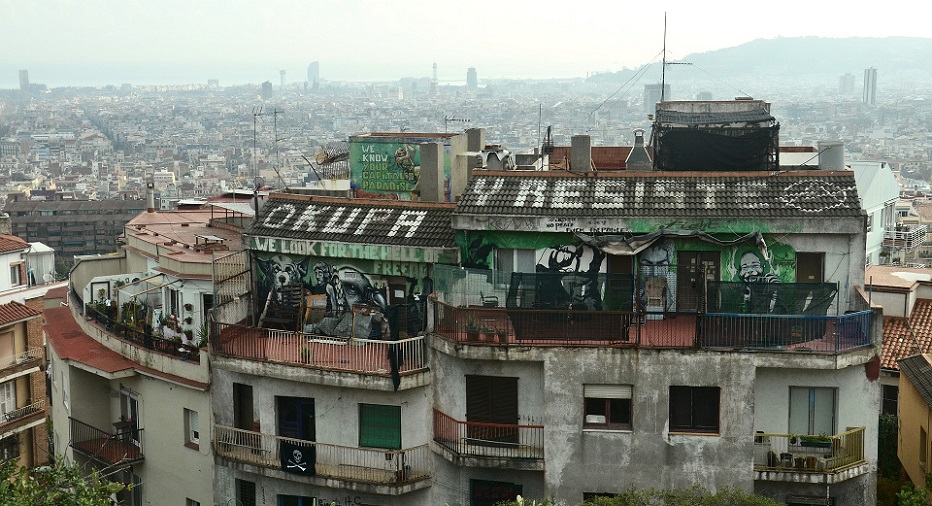 Moreover, the use of amenities such as gas or water may constitute a criminal offence on the part of the squatter.
Moreover, the use of amenities such as gas or water may constitute a criminal offence on the part of the squatter.
This is why owners feel obliged to turn to the justice system to get occupants off their property.
Most cases end with the serving of an eviction notice which paves the way for police intervention. In exceptional cases, the illegal occupant may acquire the property after remaining in it for numerous years – some London properties have been occupied for over 20 years. In order to be able to acquire the property, the occupant has to have lived in the building for at least 10 years without having been reported by the rightful owner although at the same time the latter may oppose such an acquisition.
In 2005, in the London Borough of Lambeth, the local council evicted an entire streetful of squatters who had lived in St. Agnes Place for 30 years.
The status quo in a country like England, in which squatting is not illegal per se, is that occupants are evicted in a short space of time, even if some of them have held firm for years in their chosen spot. On the other hand, Scottish and Northern Irish law deems squatting an illegal offence, punishable even by jail time, as is the case in Spain, where in 1996 it passed from being seen as an administrative hiccup into a crime carrying a prison sentence.
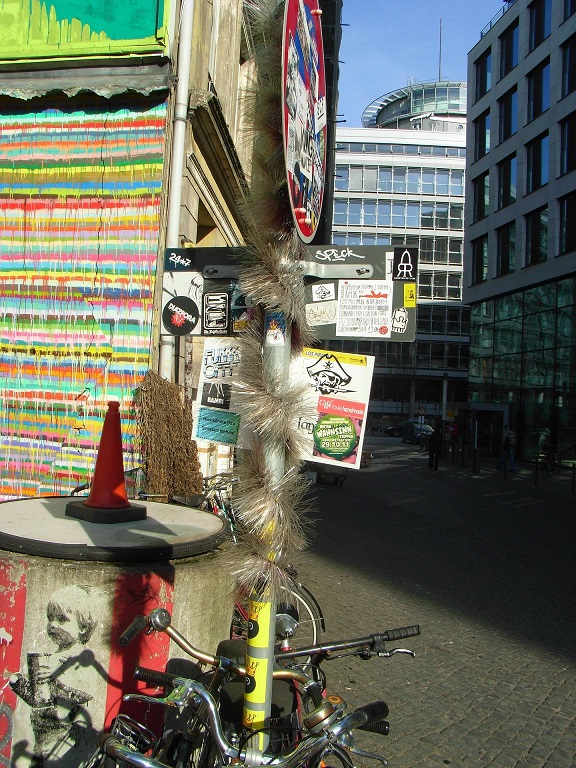 It is not straightforward to find a concrete definition for this practice within a European context, since some consider it a way to claim a decent living space, while others view it as a focal point from which to promote artistic, cultural and social initiatives.
It is not straightforward to find a concrete definition for this practice within a European context, since some consider it a way to claim a decent living space, while others view it as a focal point from which to promote artistic, cultural and social initiatives.
Others go even further, seeing squatting as a political and social movement associated with anarchism, whose goal is the transformation of society.
A way of life
Although all three visions possess differing hues, they have in common their attempt to take advantage of unoccupied buildings in good condition to use them for housing or social/meeting hubs, in some instances with a political or social ideal in mind which takes its use beyond that of mere survival.
The case of Ferdia Hackett is one amongst thousands of London’s habitants. Born in Ireland, she lives as a squatter in an area just north of central London, near to Angel tube station. In October 2009 she embarked upon a lifestyle that could be termed simple, given she practices ‘freeganism’ (recycling food discarded by big supermarket chains), and that could also be termed fun, given that she has had the opportunity to meet a huge number of people.
She recognises that she does not lead a ‘normal’ life, but finds something satisfying in her own. She has never had trouble with the police, though she has witnessed the suffering of some of her friends.
Nonetheless, the most difficult aspect for her is the lack of free, private space within the housing. Her next stop, she recounts, will probably be the south of Spain or Barcelona where she will continue her life as a squatter. Just as in Hackett’s case, squatters throughout Europe follow this way of life prompted by lack of housing availability or the steepening of prices in the bigger cities.
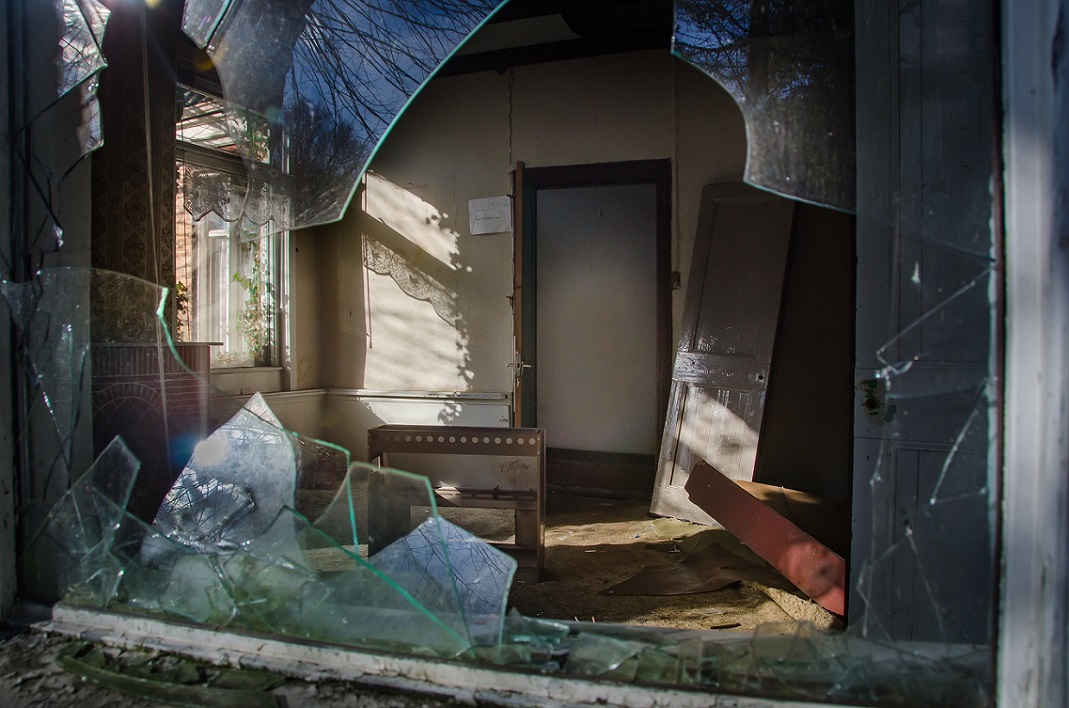 But equally, they are like Spain’s okupas in that they feel they live an ‘alternative’ lifestyle, keeping a certain distance from the established system.
But equally, they are like Spain’s okupas in that they feel they live an ‘alternative’ lifestyle, keeping a certain distance from the established system.
Nevertheless, squatting is a way of life, thought not in the same way as homelessness, since the search for cost-free living space amounts to a necessity in developed and developing countries.
In developing countries, populations tend to agglomerate around shanty town districts (including within the same cities), creating so-called ‘cordons of poverty’, which have nothing to do with an official decision, but arise as the only option for survival due to the extreme poverty of those concerned. In contrast, the squatting that occurs in industrialised countries is considered for the most part to be a lifestyle choice.
The “okupa” bubble
Another case involves Mexican Sociology graduate Airy Mejía. Following three months as an okupa in Barcelona, she left the house, disillusioned with the experience.
The biggest problem for Airy was not the issue of space (15 people shared the house) nor of living conditions (the faulty heater meant they had to manually heat up water), but rather the lack of a real goal or direction. In her own words, few within the movement are really committed to changing their surroundings, and they remain “trapped in a bubble without outside contact” from which they do not wish to escape.
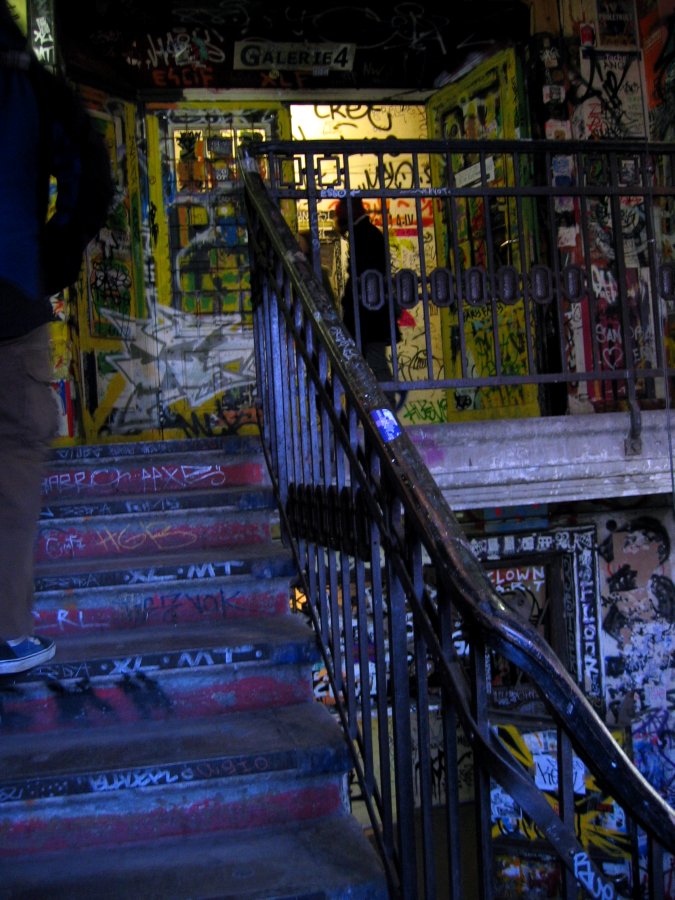
“At the end of the day it’s a question of housing-related survival. Each person takes care of their own belongings for fear that they’ll be robbed and everything becomes a subsistence issue where there’s no confidence at all”, she notes.
To this she adds that “some of them feel ‘pure’ to not be inside the system and to say that they manage without money.
This, for example, gave a certain peace of mind to those I lived with.
But certainly many are incapable of transgressing beyond their surroundings, and everyone had their own interests in mind, like something as simple as waiting for a marijuana harvest. There was no commitment – no social or political goal.” Airy feels that, at least according to her experiences of the okupa movement, it “doesn’t solve the housing problem for those who are homeless, nor does it bring anything to the table culturally because sufficient initiatives aren’t created, and the few that arise don’t manage to change the environment”.
In this vein, she argues that she has never encountered an okupa movement “capable of changing the reality of a neighbourhood, of forwarding initiatives to transform the community.” “I think the okupa movement is a dying alternative within the system, which is worth pursuing if it can change the environment, if it wants to be revolutionary, but not just as something about housing whereby everyone wants to look after themselves”, she concludes.
(Translated by v_kantaria@hotmail.com) – Photos: Pixabay












.jpg)












